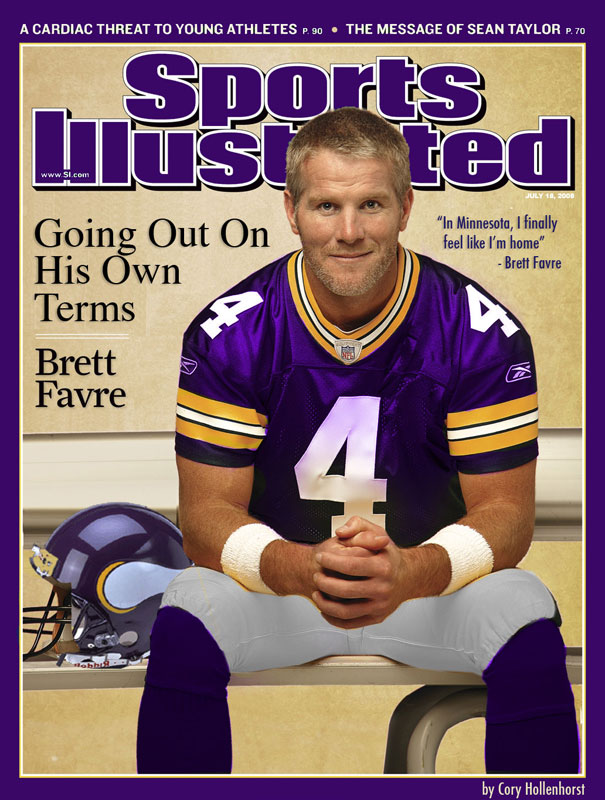All the praise, adulation, historical perspective – even reasoned skepticism – should have come to Usain Bolt a year ago.
A year ago, Bolt was doing almost exactly what he just finished doing in Berlin at the World Track and Field Championships, except he was doing in Beijing at the Olympics, on an immeasurably larger stage. That should have been his moment, his time, his chance to savor the global spotlight.
Problem is, the spotlight ran away from him, as fast as he ran away from his competitors. The only time it turned toward him was to rain dirt, disrespect and insult on him. What Bolt is getting – for taking three gold medals, for setting world records, for reveling in his own excellence and inviting the world to revel in it with him – is nothing more than a late payment on what was due him when he originally earned it.
Instead, Usain Bolt got buried in the stampede to award the Beijing Games to Michael Phelps, and him alone. Granted, it wasn’t the entire sporting planet doing the stampeding. Sadly, it was only the largest, richest, most powerful, most influential part of it – the network broadcasting the Olympics to the United States, the American media meekly following its lead and the viewing audience slurping it all up as if it were gospel, the lone definitive picture of the Games worth seeing.
It was they, mostly figuratively but often literally, who
declared the 29th Olympiad over the moment Phelps touched the wall in his eighth and final gold-medal winning swimming event.
Never mind that the night before Phelps’ final race, Bolt knocked off gold medal and world record No. 1, in the 100 meters. Literally, never mind – the race was not aired live in the U.S. by NBC (which showed a preliminary “Redeem Team’’ basketball game instead), and the replay was shown as a lead-in for the action in the pool that night.
Track and field? Nah, full of cheaters. World records? Tainted, without a doubt. The traditional sport readily associated with the Olympic fortnight? Off the radar for the audience that counts, American TV viewers, who were still stinging from BALCO.
And Usain Bolt, the Jamaican guy track aficionados seem excited by? The best of an asterisk-laden sport, not so much heir to Jesse Owens and Carl Lewis, but Ben Johnson. Probably. As far as we know, or would know if we bothered to look closely enough.
The unfortunate result: Bolt’s feats were called into doubt immediately, with several commentators unashamedly linking his records to the ones Barry Bonds had set in baseball. (Somehow, swimming this time was spared the skepticism virtually every other Olympic sport regularly and justifiably endures these days – never within serious earshot were Phelps’ seven world records or the 18 others set in the “Water Cube’’ even suggested to be questionable.)
Dismissing Bolt’s performance, at least on these shores, was too easy.
And for those who were willing to risk enjoying, and trusting, Bolt’s exploits, the prime-time voice of NBC for these Games was on hand to diminish them from the start.
Bob Costas still owes Bolt, his fans, the Olympics and the sport of track and field an apology for his withering, patronizing on-air
dressing-down of Bolt after the 100-meter final. The act that in Costas’s eyes devalued the achievement and forced Costas to adopt his role as morality judge? Bolt held his arms out and thumped his chest before crossing the finish line, preventing him from lowering the new world record even further. It was “showboating,’’ Costas preached. “Disrespectful.’’ “Unsportsmanlike.’’ All delivered with the same level of whiny, condescending, tone-deaf outrage usually reserved for football players who score touchdowns and dare express pleasure in it, rather than acting “like they’ve been there before.’’
With that, the narrative of the rest of Bolt’s record- and perception-shattering competition was whether he would be properly deferential (and run hard enough, which thankfully has hardly any racial undertones at all). As a bonus, the strategy by NBC, as well as the lazy coverage provided by other outlets, in making the Games a one-man show was justified and rewarded.
Bolt was in position to steal the show and be the final, lingering image of Beijing 2008, or at worst share the glory. Until it was decided that he wouldn’t.
In the process, by the way, Phelps was done a terrible disservice as well. The unapologetic manipulation detracted from the honest brilliance of his performance – it wasn’t allowed to stand on its own, but instead was bloated beyond recognition. Both men were turned into cartoon characters, Aquaman and Ego-Man (or Needle-Man).
Last week, though, there was no Phelps around to absorb the entire glare. A lot of pre-pennant-race baseball, exhibition football and late-season NASCAR, true, and Bolt still had to fight them all for attention.
But he won that fight, just not as overwhelmingly as he won his races. Now, the space exists to ponder if what we’re witnessing is real – for better or worse – and if we’ve ever seen anything like it or will ever see it again.
It all should have happened a year ago, though. What we’re granting Usain Bolt now is what we’ve owed him since Beijing.




